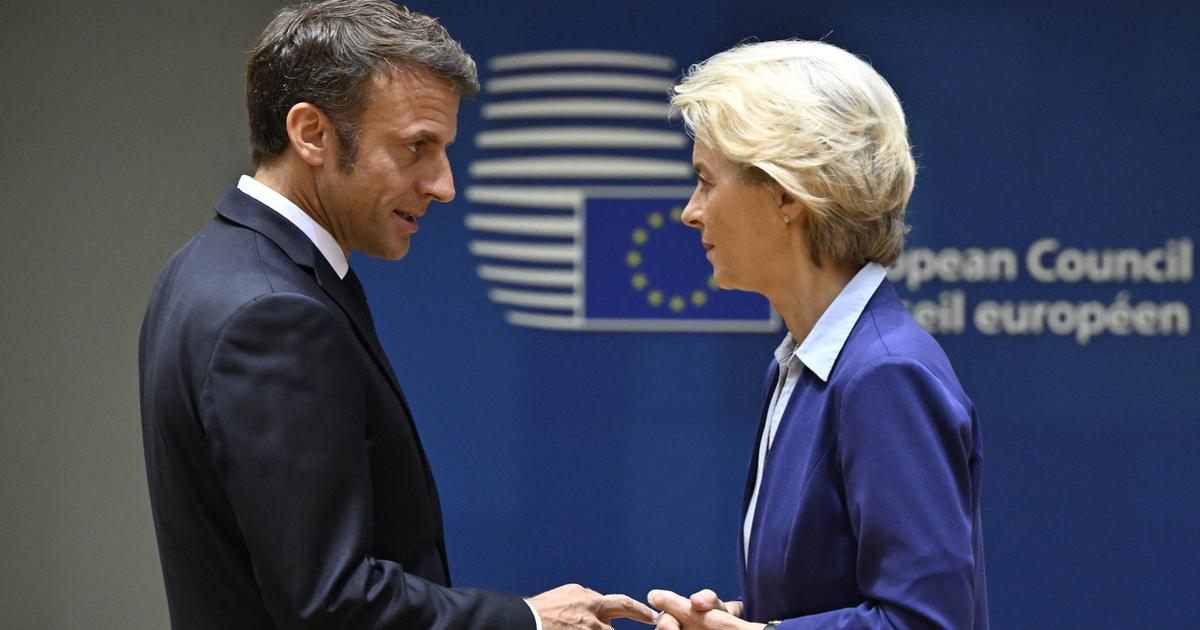A new European sequence opens amidst a highly delicate political climate, pivotal for Emmanuel Macron. This Monday, the Twenty-Seven must draw conclusions from the recent European elections and begin the rigorous task of appointing the next leaders of the EU institutions. Notably, three key positions are up for grabs. Reflecting on Sunday's results, the European People's Party (EPP), which emerged victorious, can stake a claim on the presidency of the Commission, the Social Democrats for the presidency of the European Council, while the Liberals - following closely behind, trailed by the European Conservatives and Reformists (CRE) - are positioned for the role of High Representative.
A prospective leadership trio is envisaged: Ursula von der Leyen at the Commission, Portuguese Social Democrat Antonio Costa at the European Council, and Liberal Estonian Kaja Kallas as the High Representative of the European Union. Italian political figure Giorgia Meloni underscored the significance of the elections results, emphasizing, 'Europe must not ignore the message of the vote,' especially as the far right has recorded significant gains.
Amidst this backdrop, French President Emmanuel Macron has expressed optimism about swiftly reaching an agreement on these top EU posts. Responding to journalists following the G7 summit, Macron noted, 'I hope we can find an agreement quickly. I think things can progress effectively, and in any case, that is what I hope for. I will go with these intentions on Monday to Brussels.' Macron highlighted ongoing discussions with key figures like Olaf Scholz and Ursula von der Leyen and hinted at the possibility of further deliberations at the European Council scheduled for late June. These conversations reflect the intricate negotiations required among the 27 member states to achieve consensus on EU leadership appointments.
- The outcome of these negotiations will significantly influence the future direction of the European Union, particularly concerning policy-making and international diplomacy. For Macron and his counterparts, the challenge lies not only in reaching an agreement but also in ensuring these leaders align with the broader vision for EU solidarity and reform.
- The intricate balance of power within the EU institutions underpins the urgency of these leadership decisions. With the rise of far-right parties and growing Euroscepticism, the appointment of leaders who can adeptly navigate these challenges is imperative to maintain stability and unity within the Union.






